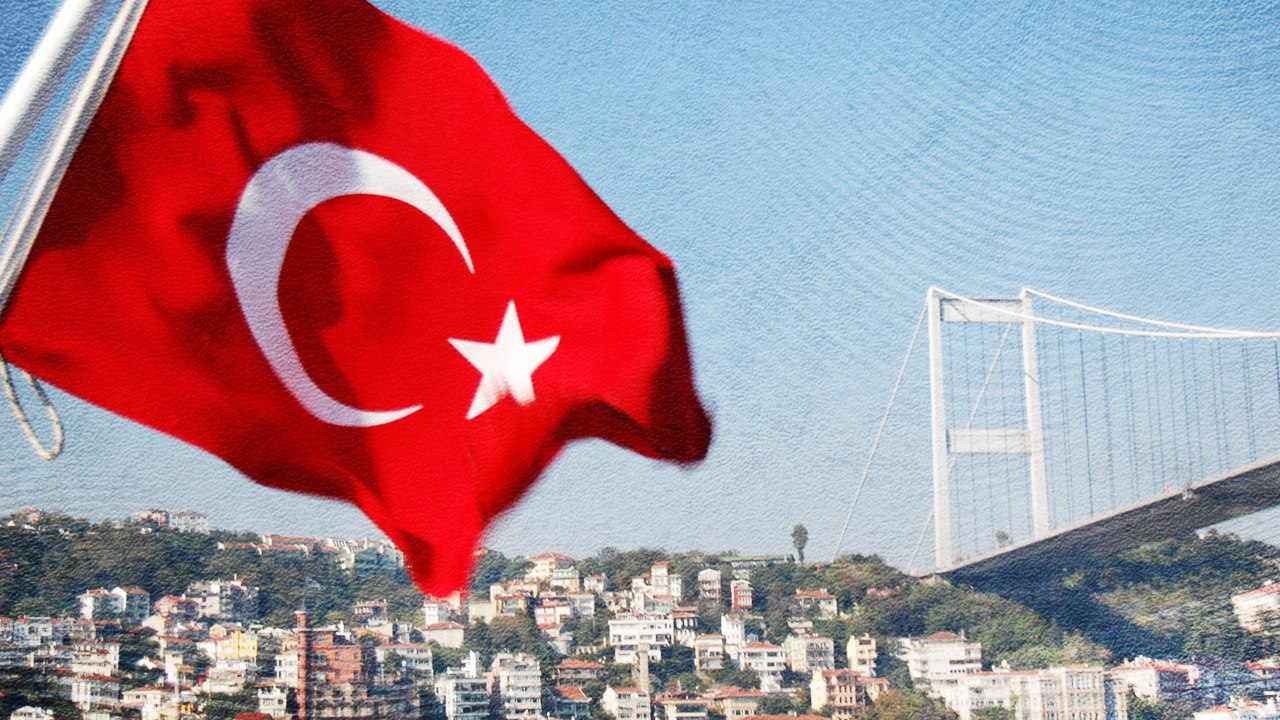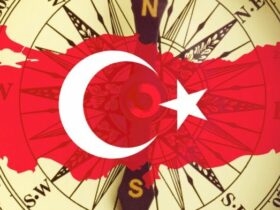Over the last week, Turkey celebrated Victory Day on the 30th. Escalating tensions with Greece on the Eastern Mediterranean and the Aegean Seas were another agenda of the Turkish public last week.
What is Victory Day?
August 30 is celebrated in Turkey as “Victory Day”, commemorating the end of the Turkish War of Independence. After the Ottoman defeat in World War 1, the Treaty of Sevres was imposed on the so-called “Sick Man of Europe”, the Ottoman Empire. Some commanders started a campaign of independence throughout Anatolia under the leadership of Mustafa Kemal Pasha.
Meanwhile, the Greek Army landed on Izmir on May 15, 1919, and started an invasion of Anatolia. The battles finally ended between the Greek Army and the Armies of the National Assembly with the Turkish counterattack of “the Great Offensive” on August 30, 1922, which is still celebrated to this day.
Did Greek communists play a role in the war for Turkey’s Independence?
Celebration messages came from many political leaders. President Erdogan celebrated the day by saying:
“The people of these lands once again proved to the whole world that this is our eternal homeland with the Victory on August 30th. This victory was a rebirth, the rise of a nation.”
In his message, President Erdogan said that Turkey’s struggle for its independence and for its future still continues today with the words: “It is not a coincidence that those who try to block our nation from the Eastern Mediterranean are the same invaders who have tried to invade our country one century earlier. Just as our nation brought victory to the War of Independence with all the hardships and difficulties, it will never retreat, disrupting the desires and actions of those that could impose the Sevres on our Blue Homeland.”
President of Vatan Party Dogu Perincek celebrated Victory Day with the following words:
“The 30th of August, is a great victory of the Armies of the National Assembly under the leadership of Mustafa Kemal Pasha. Today, Turkey shows its dedication to defend our homeland, especially our Blue Homeland, with its state, its nation and its armed forces. I celebrate our Great Victory Day, which brought freedom to our people, independence to our state and the Republic to our beloved country.”
The President of the CHP Kemal Kilicdaroglu has given the following celebration message to Turkish people:
“The motto of ‘Death or Freedom!’ spoken our Great Commander, has united with the love of independence and freedom of our people, which is in their blood, and has broken the chains of enslavement. It would not be correct to define the 30th of August as only a military victory. The 30th of August is also one of the first steps toward the ideal of the ‘sovereignty of the people’, which was advanced by the Great Chief Mustafa Kemal Ataturk since his teenage years.
The President of the MHP emphasized the link between two victories of the War of Independence and the victory of Battle of Manzikert, which is accepted as the beginning of the Turkic migration to Anatolia:
“The Great Offensive is a both spiritual and ancestral continuation of the victory over Manzikert. Sultan Alparslan is the national pride of the Turks. Ghazi Mustafa Kemal Ataturk is a symbol of independence for the Turks. Those who try to separate these great men, those who try to split the Great Offensive from the Battle of Manzikert, serve only for the Greek thesis, Armenian diasporas, Byzantine games, Crusader plots and their sinister plans.”
Tensions are still high in the Mediterranean and the Aegean
Another Topic this week was the escalation of the situation in the Eastern Mediterranean, with the recent deployment of Naval and Air forces by countries like Greece and France.
While Turkey does not seem to give up on any foreign pressure, a possible war could heavily damage Turkey, but Greece would be in even worse shape, as some experts say.
While France and some other regional powers like Israel seem to support Greece, in a full-fledged war with Tukey, it is sure that Athens would find itself alone.
France has recently deployed its fighter jets and warships to Cyprus, despite condemnation from Ankara.
Berlin, on the other hand, does not want further escalation in the Eastern Mediterranean. They stated instead that they hope to serve as a mediator between Ankara and Athens.
According to the Retired Rear Admiral Cem Gurdeniz, the Turkish Navy is one of the world’s top ten sea powers, especially in respect to designing and building its own frigates, which is done by only 20 countries in the world.
President Erdogan said that “the path to a solution in the Eastern Mediterranean is via dialogue and negotiation. If we act with common sense and reason, we can find a win-win solution that meets everyone’s interests. We are not chasing any unnecessary adventures or seeking tensions.”
However, after a recent clash he said that, “If this goes on, we will retaliate. We shall not leave either the dead or the living of our kin alone.”
On August 27, the Turkish Air Forces detected six Greek F-16 jets in the airspace that Turkey has just issued a Navtex alert on, as the Turkish National Defense Ministry said in a statement on Friday.
Turkish F-16s intercepted the Greek jets above the waters southwest of Cyprus and pushed them back, the Ministry announced.
Turkey issued another Navtex alert on Thursday after a second four-day extension of the energy exploration activity by the MTA Oruc Reis in the Eastern Mediterranean, which was first planned to last until August 23.
The Turkish Naval and Air Forces continue protecting Turkish sovereignty and its interests in the Eastern Mediterranean.

















Leave a Reply